The Pinto Car Problem, a notorious chapter in automotive history, centered on a design flaw in the fuel tank that made the car susceptible to fires in rear-end collisions. This article explores the Pinto fuel tank issue, its legal and ethical implications, and what we can learn from it.
Understanding the Pinto Fuel Tank Flaw
The Ford Pinto, a subcompact car produced from 1971 to 1980, became infamous for its fuel tank placement. Located behind the rear axle, the tank was vulnerable to rupture and subsequent fires in even low-speed rear-end collisions. The problem was exacerbated by several factors, including the lack of a reinforcing plate between the tank and the axle, and the protruding bolts that could puncture the tank upon impact. This dangerous design flaw led to numerous injuries and fatalities, sparking widespread outrage and legal battles.
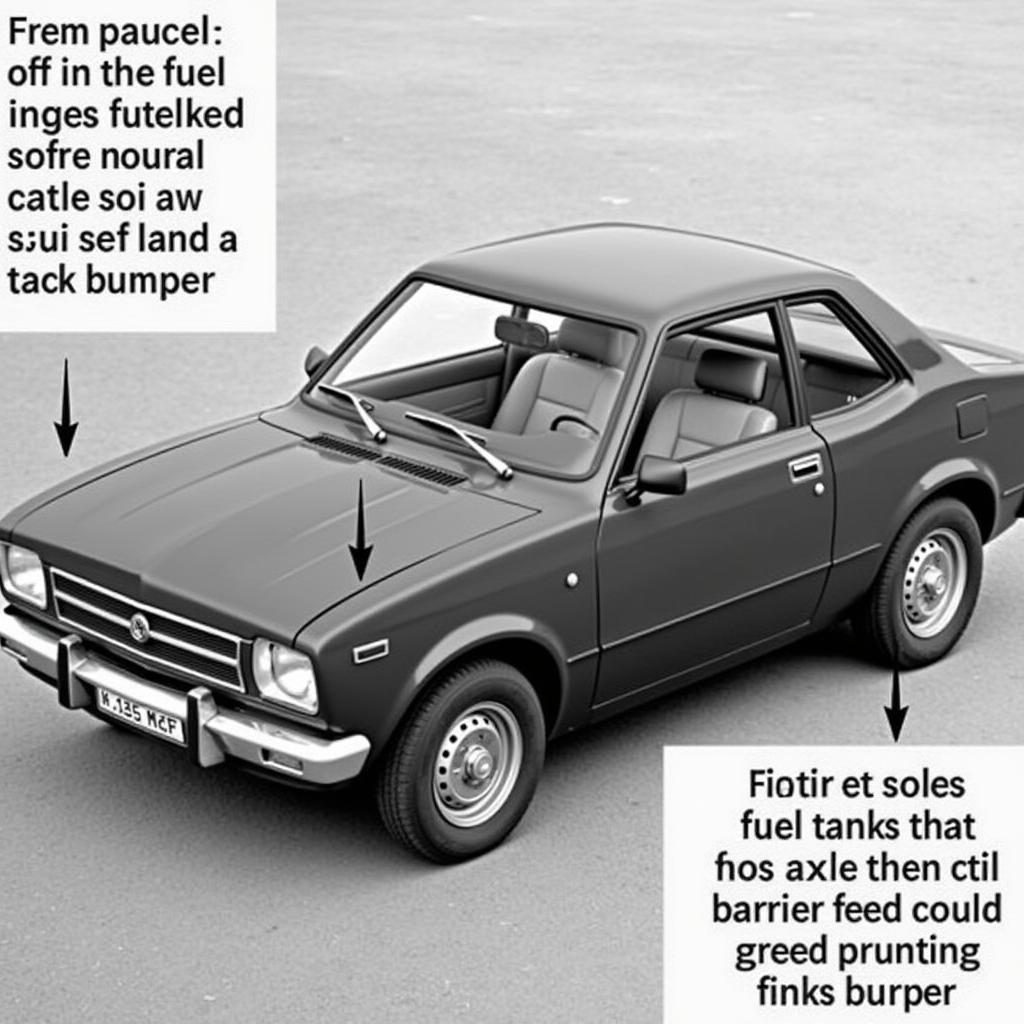 Pinto Fuel Tank Design Flaw
Pinto Fuel Tank Design Flaw
The Cost of Safety: Ford’s Controversial Decision
Ford’s internal documents revealed that the company was aware of the fuel tank issue and had even conducted cost-benefit analyses. These analyses, which became public during the legal proceedings, showed that Ford had weighed the cost of fixing the defect against the potential cost of lawsuits resulting from injuries and deaths. The company’s decision to prioritize cost savings over safety ignited a firestorm of criticism and raised serious ethical questions about corporate responsibility.
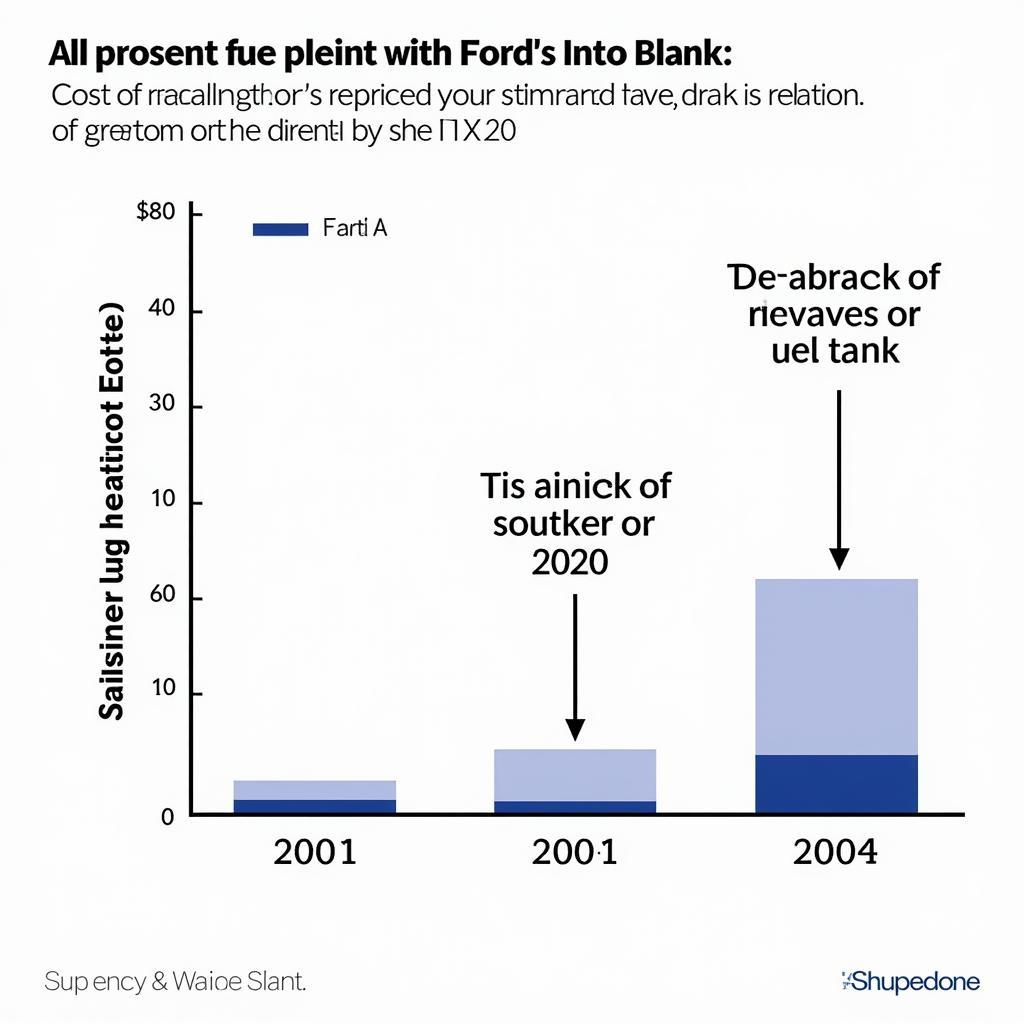 Ford Pinto Cost-Benefit Analysis
Ford Pinto Cost-Benefit Analysis
The Legal Fallout and Its Impact
The Pinto fuel tank issue resulted in numerous lawsuits against Ford. One of the most notable cases involved the death of Lily Gray and the severe burns suffered by Richard Grimshaw in 1971. The jury awarded a substantial sum in punitive damages, a decision that sent shockwaves through the automotive industry and reinforced the importance of prioritizing safety in vehicle design. The Pinto case became a landmark legal precedent, influencing product liability law and corporate accountability.
What Car Owners and Mechanics Should Know
Even though the Pinto is no longer in production, the lessons learned from its flawed design are still relevant today. For car owners and mechanics, it highlights the critical importance of understanding vehicle safety features and addressing potential vulnerabilities. Regular inspections, especially of fuel system components, are essential. Moreover, being aware of recall notices and taking prompt action is crucial for ensuring vehicle safety.
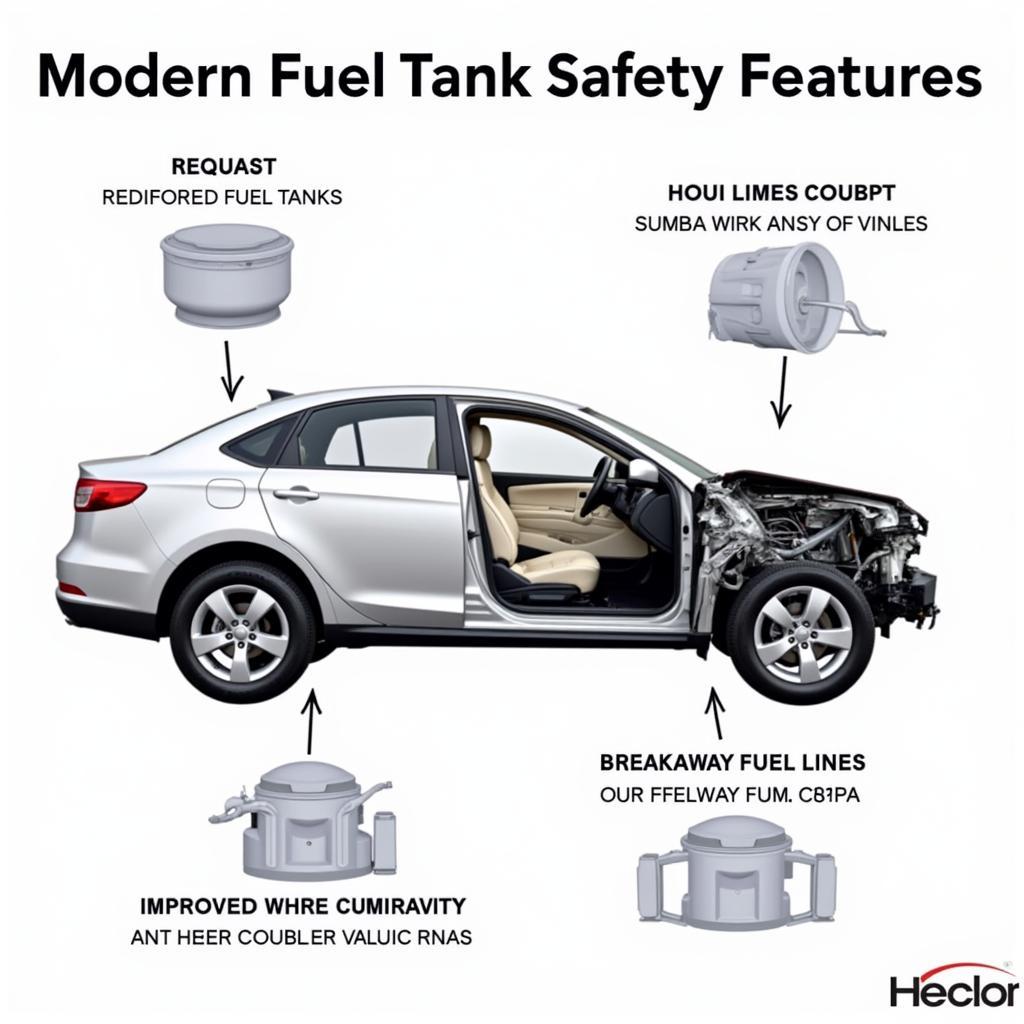 Modern Car Fuel Tank Safety Features
Modern Car Fuel Tank Safety Features
Pinto Car Problem: A Legacy of Change
The Pinto car problem, while tragic, led to significant changes in the automotive industry. It spurred stricter safety regulations, increased consumer awareness, and a greater focus on ethical considerations in corporate decision-making. The Pinto’s legacy serves as a stark reminder that safety should never be compromised for profit.
Conclusion: Learning from the Pinto Car Problem
The Pinto car problem remains a cautionary tale about the consequences of prioritizing cost over safety. It underscores the need for robust safety standards, thorough testing, and ethical corporate practices. For anyone involved in the automotive industry, understanding the Pinto’s history is essential for preventing similar tragedies in the future. For further assistance or expert advice on vehicle safety, connect with AutoTipPro at +1 (641) 206-8880 or visit our office at 500 N St Mary’s St, San Antonio, TX 78205, United States.
FAQs
-
What was the main problem with the Ford Pinto? The primary issue was the placement and design of the fuel tank, which made it prone to rupture and fire in rear-end collisions.
-
Why didn’t Ford fix the Pinto fuel tank problem immediately? Ford conducted a cost-benefit analysis and determined that it was cheaper to settle lawsuits than to recall and fix the vehicles.
-
What was the outcome of the Pinto lawsuits? Ford faced numerous lawsuits, some resulting in substantial punitive damages, which significantly impacted product liability law.
-
How did the Pinto case affect the auto industry? It led to stricter safety regulations, increased consumer awareness of safety issues, and a greater emphasis on ethical corporate behavior.
-
Are there any cars on the road today with similar safety concerns? While modern cars have significantly improved safety features, it’s crucial to stay informed about recalls and potential safety issues related to your vehicle.
-
How can I ensure my car is safe? Regular maintenance, awareness of recall notices, and prompt action on any safety concerns are vital for maintaining vehicle safety.
-
Where can I find more information about car safety? Resources like the National Highway Traffic Safety Administration (NHTSA) offer valuable information and updates on vehicle safety recalls and regulations.




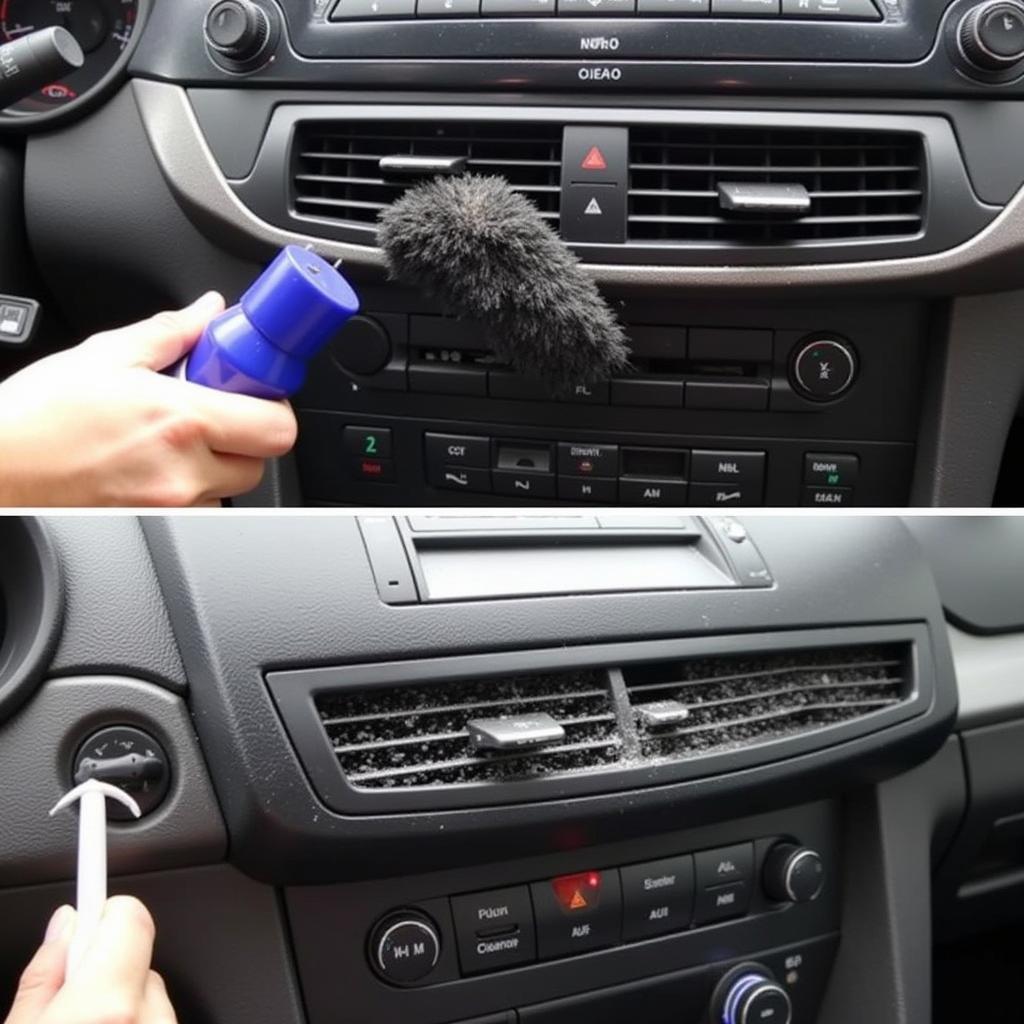
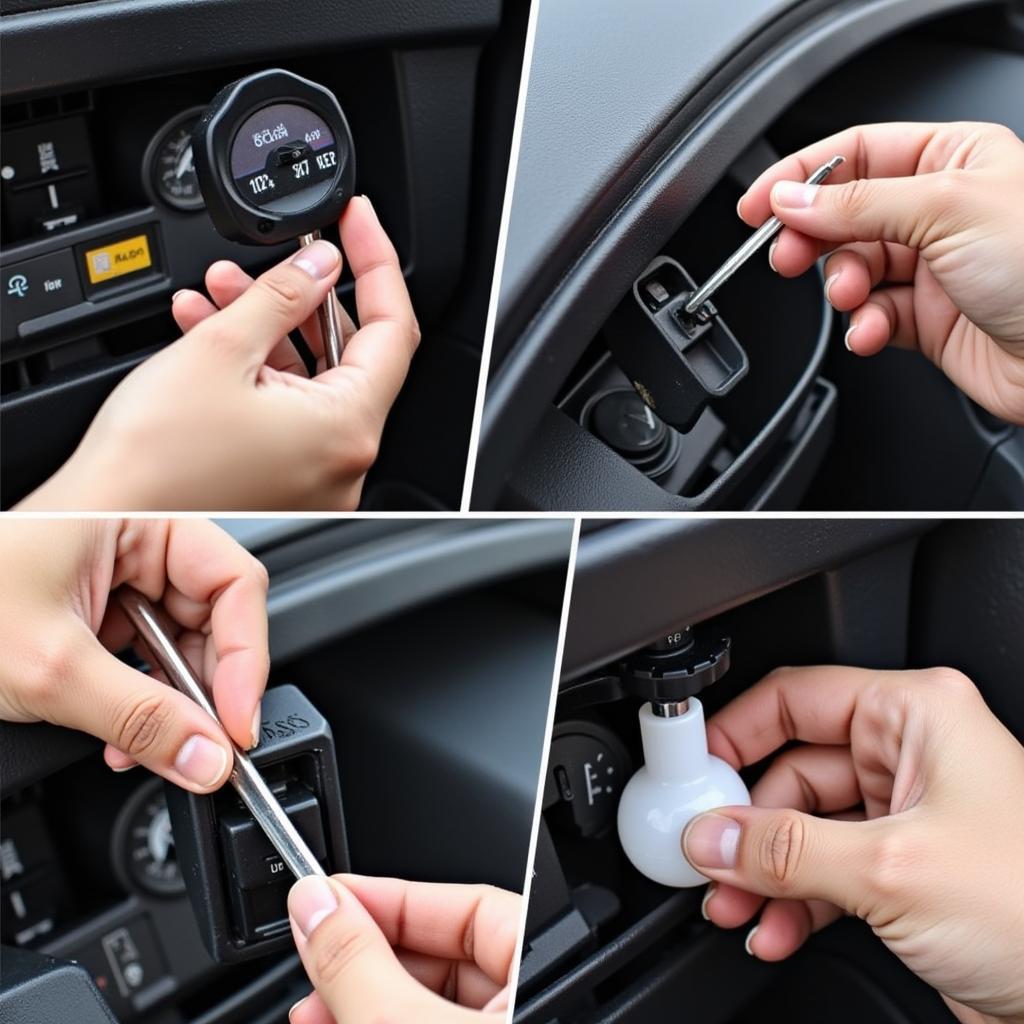
Leave a Reply